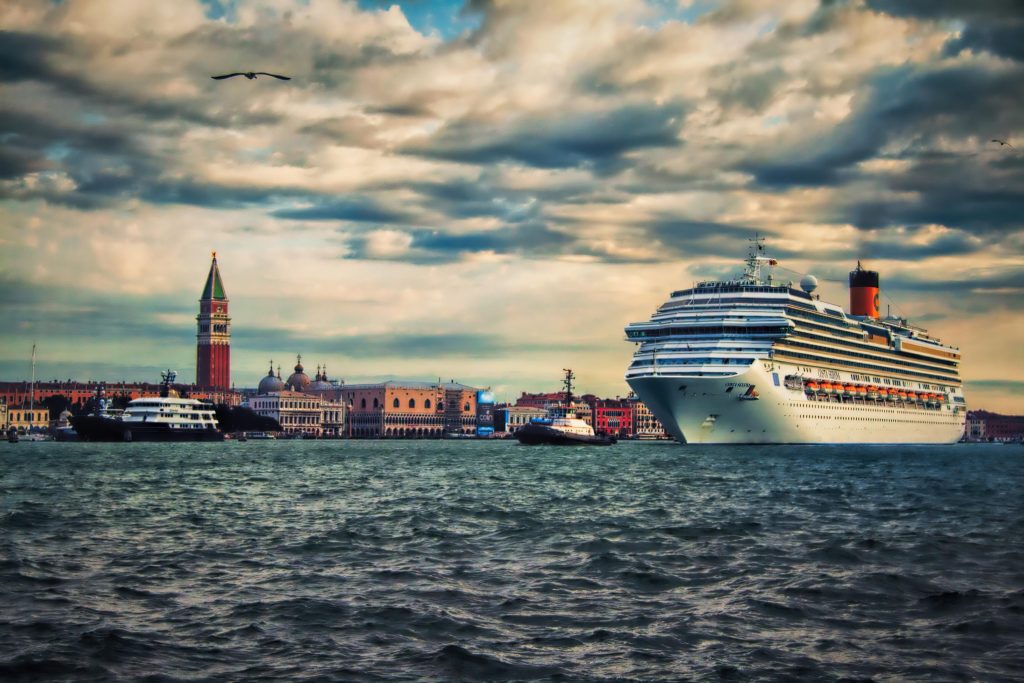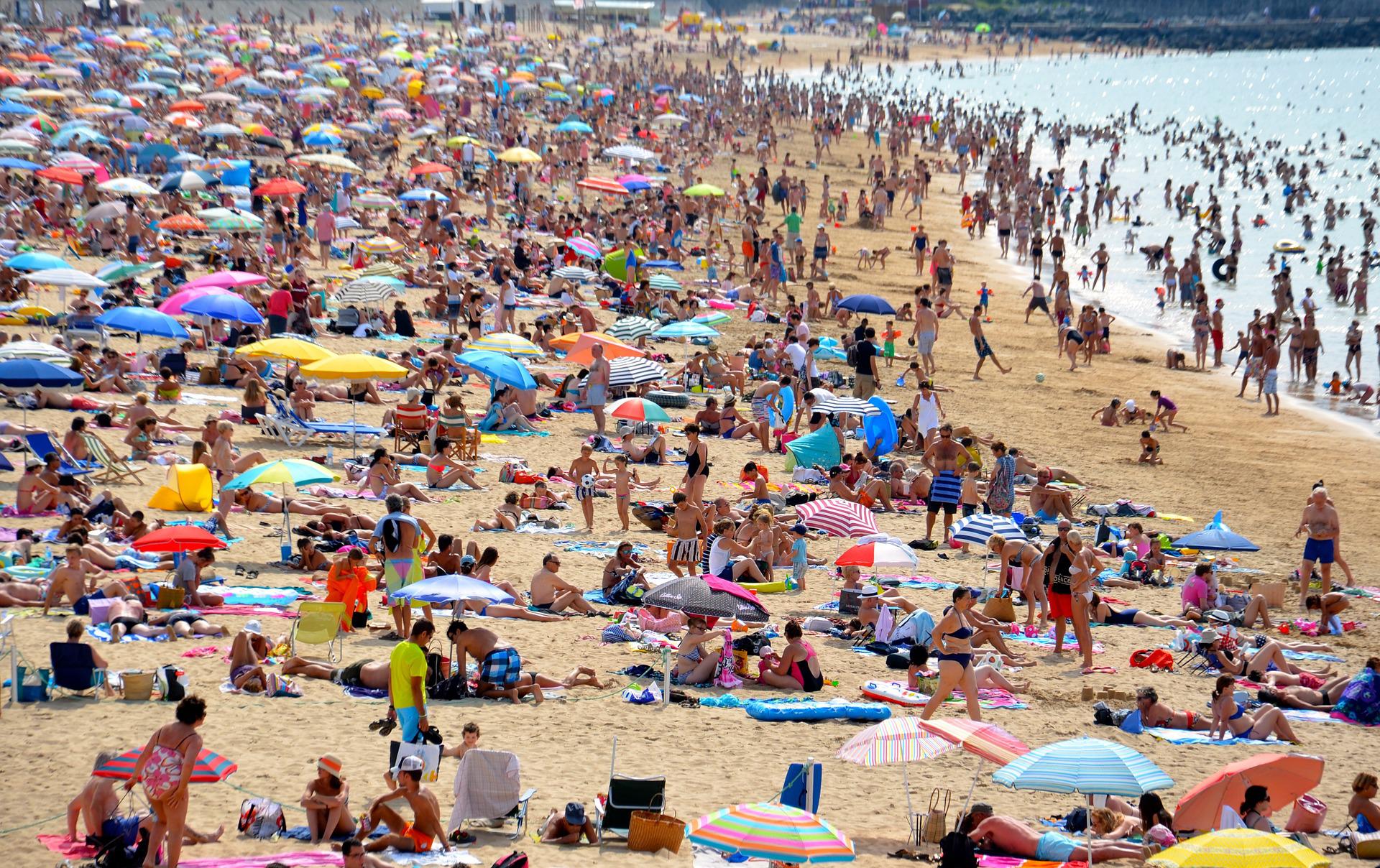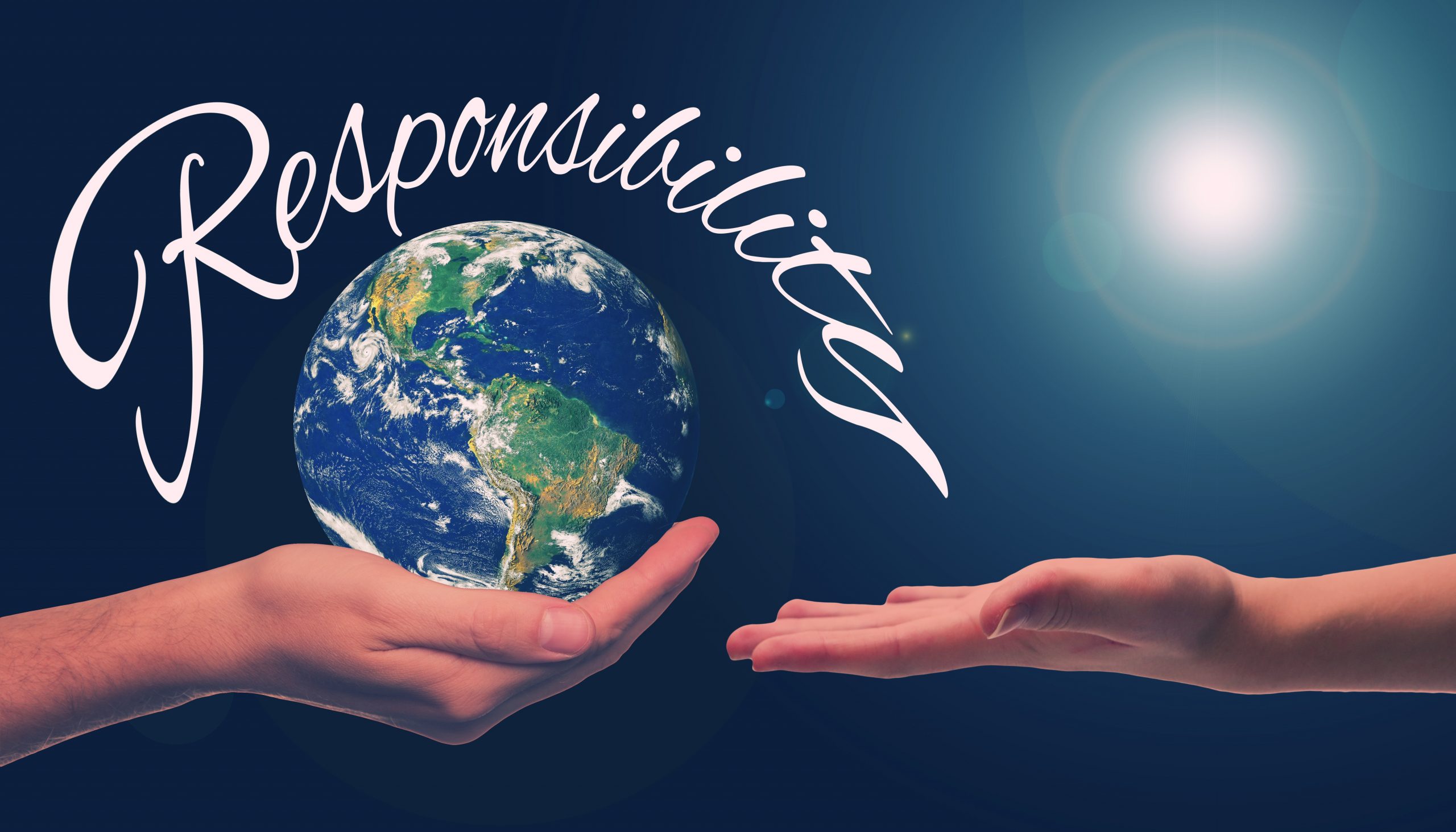Yes, you’ve read that right. I’m saying that we’ve collectively failed, so far, to measurably improve the sustainability of tourism. Believe me, I’ve struggled with this realization. It’s hard to toot the horn of sustainability when everywhere you look, post-pandemic tourism looks startlingly like the same old patterns that made it unsustainable in the first place. Depressing, right?
Well yeah, for a while it was. Until I remembered that we need tourism, for a whole host of reasons. It educates and broadens horizons, it supports economic development in communities with few other channels for achieving it, and the person-to-person contact it facilitates breaks down barriers between people, communities and nations…just for starters.
But we’ve got to do better! Just like in every other realm of modern western life, we as individuals and societies need to change our tourism habits. Maybe that sounds like a downer at first, but remember how the pandemic, horrible as it was, also helped many of us to develop a new appreciation for nature, friendships and simple pleasures, to re-evaluate how we’re living our lives, and to realize that perhaps some things we thought were so important, really aren’t?
Well, this is just like that. Consciously traveling differently is likely to lead many of us to discover pleasures we perhaps missed out on before.
But first – why has sustainable tourism failed? Here’s my take on the situation.

Lack of political action
Like it or not, sustainability is a political issue. Governance has an important role to play, and we’re simply not going to get anywhere without significant governmental policy action, aimed at the tourism industry in particular.
The concept of sustainability is also messy, contested and defies simple solutions. What works in one place might fail miserably in another, and effective policies need to take a long-term view. Not easy for political systems that are often preoccupied with the next election and loathe to upset voters or corporate donors.
Too much reliance on ‘technofixes’
Technology is great, right? It’s what’s made it possible for us to cross oceans in a matter of hours rather than weeks, and communicate real-time with anyone, anywhere in the world with nothing more than a simple mobile app and an internet connection. But technology also put us in the ‘pickle’ we’re in now, with a rapidly warming planet, polluted environment, collapsing biodiversity, etc.
Tourism is, of course, no exception. For instance, decarbonizing the aviation sector is a pressing need, not only for tourism but for transportation in general. But that’s going to take decades, and until we get there we need to not only think very carefully about when and whether we really need to fly (I wrote more on that topic here), but also about what else we can do to reduce our tourism footprints.
Incomplete understanding of the problem
One thing I learned in my Master’s program is that there is a significant lack of research and study of the impact of tourism, both at the individual community and aggregate levels. It’s something I’m starting to focus on more specifically in my independent research, because I think it goes without saying that it’s really hard to fix a problem that you don’t fully understand in the first place.

Alright then, what needs to be done?
Let’s face it: do we really think that paying a few extra bucks to offset the CO2 generated by our next vacation is going to make tourism sustainable? Yeah, me either.
But partly because we still lack clear standards of sustainability, there’s a ridiculous amount of greenwashing out there, as well as too much attention given to ‘feelgood’ half-measures like using hotel towels an extra day…not that that’s a bad idea, it’s just a drop in the bucket compared to what’s needed.


I certainly don’t have all the answers, but one thing is clear: putting the burden on individual travelers to try and figure out what’s sustainable and what isn’t is patently unfair. With all these cute little leafy green labels everywhere, but questionable substance behind them, how are we supposed to even know if we’re making sustainable choices or not? There are organizations out there working to establish clearer standards, but for every one of those you’ve got others putting out confusing, greenwashing blah-blah.
So, until the industry itself changes, what can we as individuals do? I think perhaps the most significant thing each of us could do first, is simply try to be more purposeful about our travels. Think about the probable impact of a form of transport, an activity, a lodging, and whether there might be a better option that still fits your budget, etc.
Traveling less frequently but for longer periods is another good option, with the added bonus of a more prolonged break from the everyday stresses. I know for some that’s near impossible, but if you can try out one two week trip instead of four long weekends, I highly recommend doing so!
Starting dialogues on the topic is also important, whether it be with our friends, our travel agent or our political representatives. The more we talk about the need to ‘clean up’ tourism, the more it will become a political priority and the more change we’ll begin to see.
I’ll be talking more about this topic and related ones in the coming months, but until then thanks for reading! And please leave a comment or send me a message if there’s a specific sustainability-related topic you’d like to hear about!





